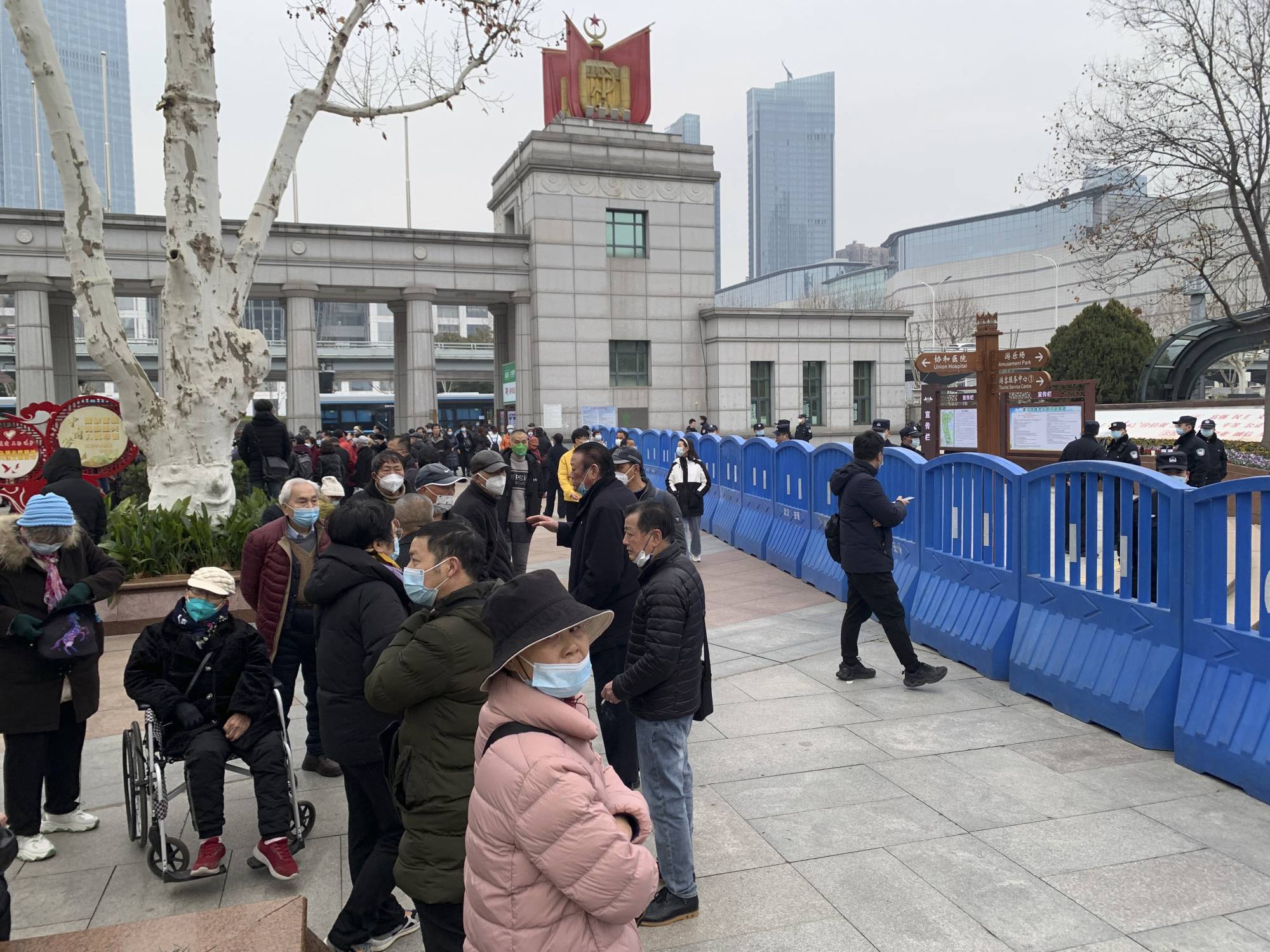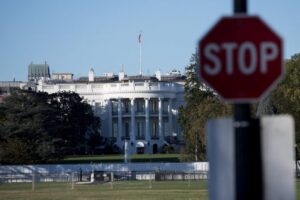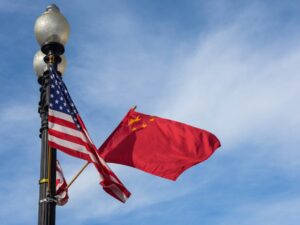
In 2021, when China further relaxed family planning controls allowing couples to have up to three children, the major policy change was expected to trigger a “revenge baby boom.”
In late 2022, when Beijing suddenly lifted zero-Covid controls, authorities were counting on post-lockdown “revenge spending” to boost economic growth.
Since late last year, the government has implemented a series of additional rescue measures to avoid an acute housing crisis, raising expectations of a “revenge growth” in home buying.
All those expectations have vanished. As a viral joke on Chinese social media goes, “[Los funcionarios] They thought we would seek ‘revenge’ but they underestimated our compassion. “We have already let go of the grudges.”
The sarcastic joke serves as a vivid illustration of one of the biggest challenges for China’s leadership: how to get the country’s reluctant consumers to spend.
This has become a matter of great importance and urgency as the Communist Party Central Committee is scheduled to hold a long-delayed plenum in July to discuss a new growth model at a time of great uncertainties both at home and abroad. .
Hong Kong: common law and a special system
How China rebalances its economy will be closely watched by its major trading partners, including the United States and the European Union. Both Washington and Brussels have stepped up the rhetoric and launched anti-subsidy investigations against Chinese companies that are flooding international markets with green technology products ranging from electric vehicles to wind turbines and solar panels.
Their argument is that China should encourage its own citizens to spend more to absorb its growing production capacity. In fact, in 2022, China accounted for 31 percent of global manufacturing value added and 27 percent of global real exports, but only 13 percent of global consumption, according to Larry Hu, head of China Economics at Macquarie Group. . He expected the gap to continue to widen and the risk of trade tensions to increase over time.
Ironically, China’s leadership has long recognized the importance of increasing domestic consumption, at least publicly. Over the past two decades, successive leaders have praised the country’s large market with a booming middle class estimated at 400 million people and 140 million households, and growing. But over the same period, consumption’s share of China’s gross domestic product remained just above 50 percent, compared with more than 70 percent in major economies.
Much has been written about why Chinese consumers are reluctant to spend. The main reasons include their tendency to save and lack of adequate social welfare and healthcare.
Little has been written about the fact that increasing consumption has always been a lower priority for China’s leadership, compared to exports and investment, the other two traditional drivers of growth.
This has a lot to do with the party’s ideology and its management philosophy.
After the founding of the People’s Republic in 1949, Mao Zedong promised to turn the country into a socialist paradise, but directed significant resources to boost industrialization and national defense, paving the way for China to own all industrial categories in United Nations industrial classification, widely considered the only country in the world capable of doing so. The concept of consumption or well-being did not enter the equation, particularly at a time when most people barely had enough to fill their stomachs.
Since China’s reform and opening up in the late 1970s, successive leaders have followed the investment-led growth model backed by rising exports to build the world’s second-largest economy. But they have long been resistant to any hint of welfare that they believe encourages laziness. “Eat bitterness” remains the slogan, repeated by Chinese leaders in public.
This line of thinking has reflected a deep distrust of individuals and a firm belief that the greater good takes precedence over the needs of those individuals.
This helps explain why China’s leaders at the national level have strongly resisted suggestions to hand out cash or vouchers to its citizens to boost consumption during three years of zero-Covid restrictions, which severely disrupted the economy.
Instead, China’s economic planners have deployed more infrastructure investments to boost growth. Visitors to China may be impressed by high-speed railways and modern airports. However, much of that infrastructure is losing money, with capacity far outstripping demand. But prioritizing these investments is what China’s economic planners have been trained to do and what they know best.
As trade tensions with China’s major trading partners are set to worsen, pressure on Beijing to stimulate domestic consumption is becoming more acute. But the best option economic planners can come up with is to launch a national campaign to encourage consumers to trade in their old products, including appliances and cars, for new ones at subsidized prices.
A much bigger problem is the decline in confidence among China’s 400 million-strong middle class. His wealth has taken a severe hit due to sharp declines in the stock market and real estate sector in recent years.
Unless China’s leaders undertake a fundamental rethink of their growth model and plan radical measures to stimulate consumption, consumers will likely choose to guard their wallets rather than take them out for “revenge spending.”
Note: this is an article translated and published with the express authorization of the author. Original link.

Former editor-in-chief of the South China Morning Post (SCMP). He has a master’s degree in journalism and a bachelor’s degree in English. For 20 years he worked for the China Daily and was a BBC China correspondent. He now resides in Beijing as an editorial advisor to the SCMP.
Source: https://reporteasia.com/opinion/2024/06/03/china-consumidores-billeteras-cerradas/

